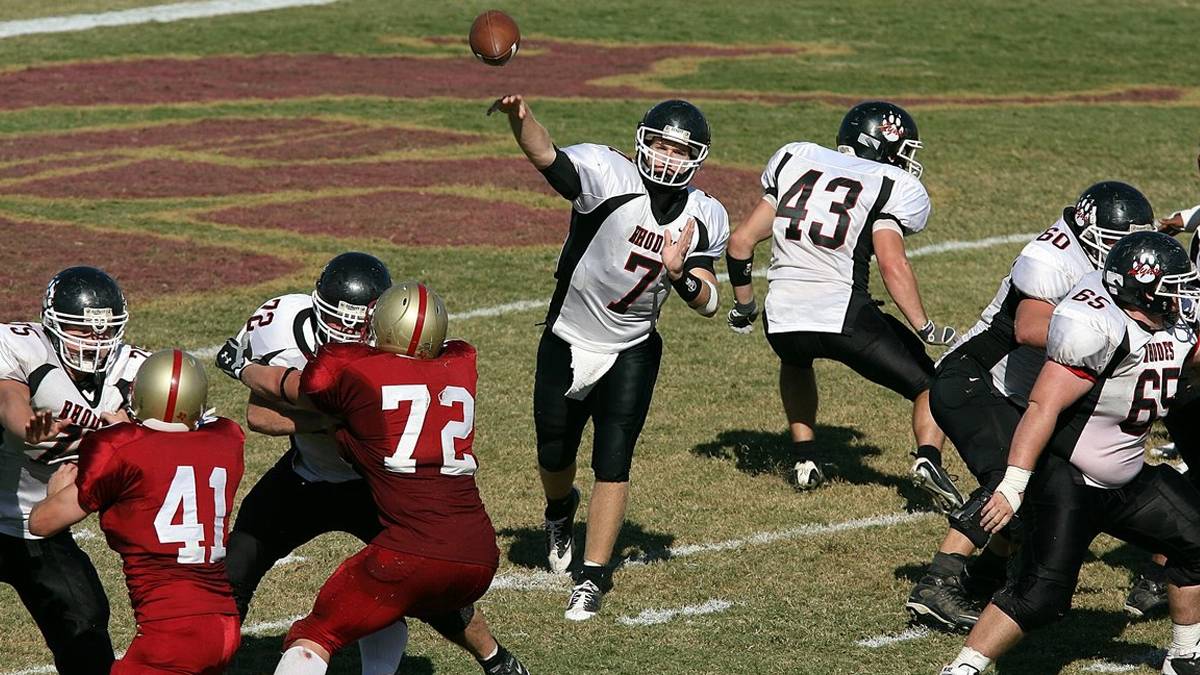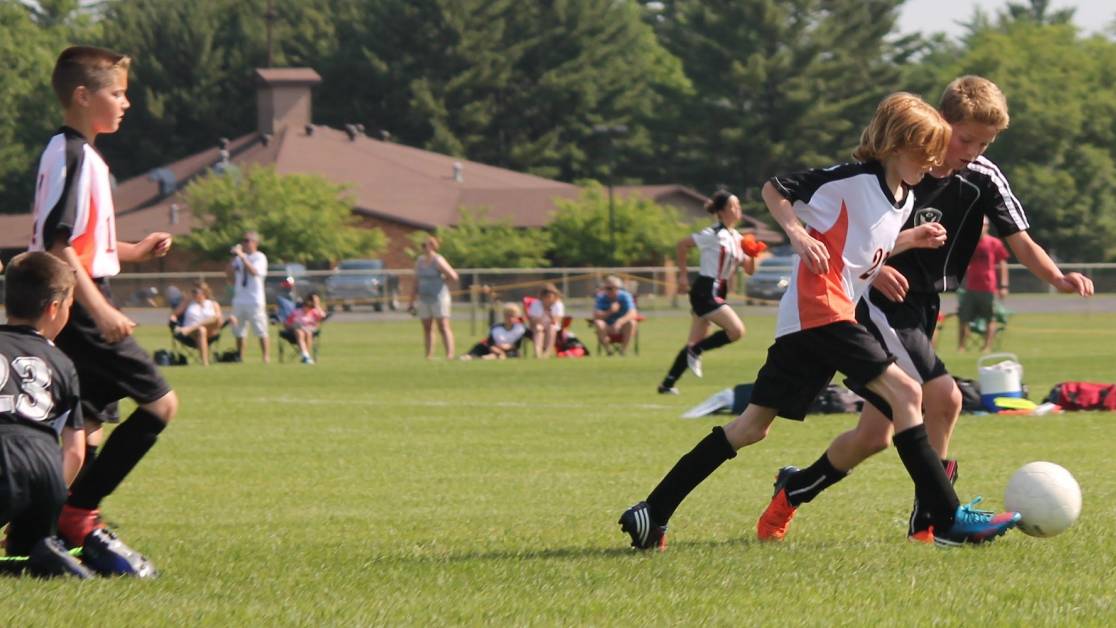Effective Strategies to Counter Bullying in Sport

Bullying in the sporting environment can compromise the integrity of the game, negatively affect athletes’ performance and harm their psychological well-being. Fortunately, intervention and support strategies can be implemented to create a healthy and respectful sports environment [1]. Here’s how these strategies can be applied in practice:
Raising awareness about bullying in schools
A soccer team, for example, might decide to launch an awareness campaign called “Respect on the Field”, including interactive workshops for players, information sessions for parents, and training for coaches on the consequences of bullying and how to prevent it. As a result of these initiatives, the team has noticed a significant drop in bullying incidents and an improvement in team spirit.
Clear Policies and Reporting Procedures
A women’s basketball team could, for example, set up an anonymous reporting procedure accessible via the association’s website, enabling athletes to report bullying incidents without fear of reprisal. Shortly after its introduction, many cases are effectively resolved, reinforcing the feeling of safety within the team.
Quick intervention by trainers
When a swim coach is informed that one of his swimmers is regularly bullied by teammates, he should intervene immediately. He organizes a meeting with the athletes concerned, their parents, and management to discuss the incident, culminating in a formal apology and a commitment to respectful behavior in the future.
Psychological support in cases of bullying
A gymnast who has been cyberbullied by her teammates should receive support from a sports psychologist, enabling her to talk about her experiences and work on her self-confidence. At the same time, a workshop on the harmful effects of cyberbullying is organized for the entire team, helping to raise collective awareness.
Continuing Education
A sports association should launch a certification program for its coaches, including a module on bullying management and victim support. Coaches equipped with this knowledge are better prepared to identify and manage bullying incidents, thus improving the overall climate within their teams.
Strategies for a healthy sporting environment
By implementing these intervention and support strategies, the sporting environment can become a space where healthy competition, respect and personal development prevail, enabling each athlete to flourish and perform to the best of his or her ability.
Sources :
[1] AJEFA. Prévention de l’intimidation dans les sports. Consulted at the following URL : https://www.ajefa.ca/fichiers/documents/ressource/intimidation/Prevention_de_lintimidation_dans_les_sports.pdf
Karl Demers

On the same subject
In the dynamic sports environment, where enthusiasm and competition converge, there is a complex reality: the safety of athletes is put to the […]
Each sport team is composed of different personalities. There are the ultra motivated, the joker, the serious, those who must be motivated … […]
Bullying is a fairly common problem, but it's even more prevalent in sports environments.


